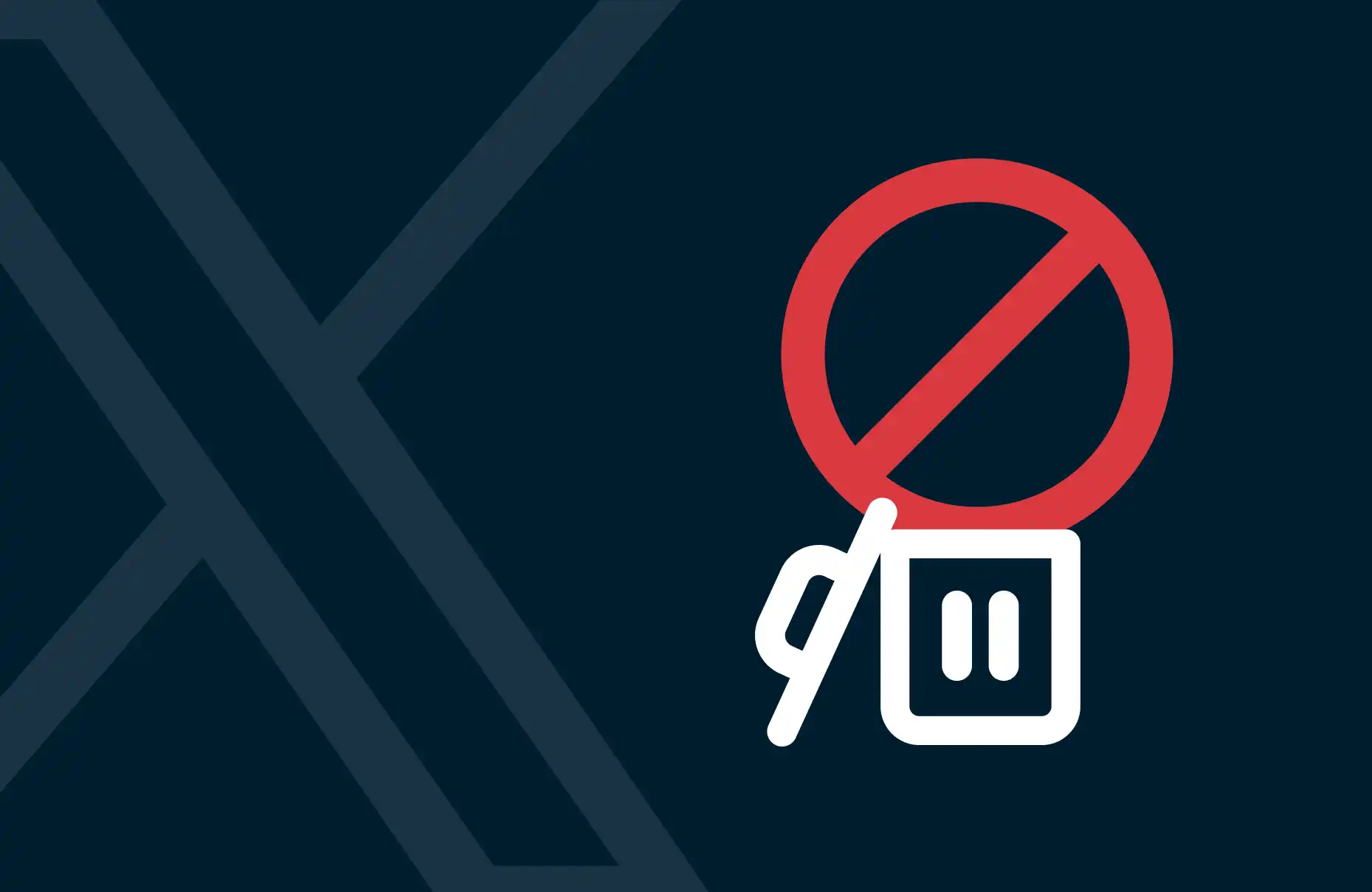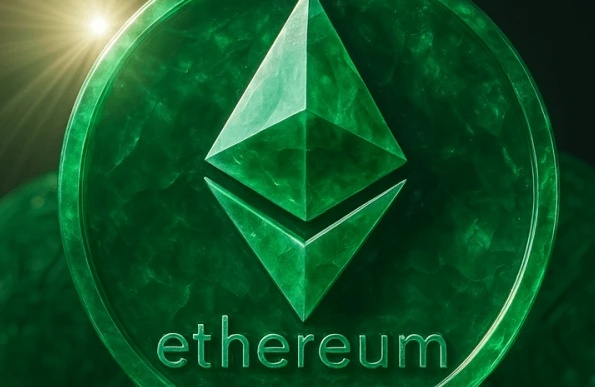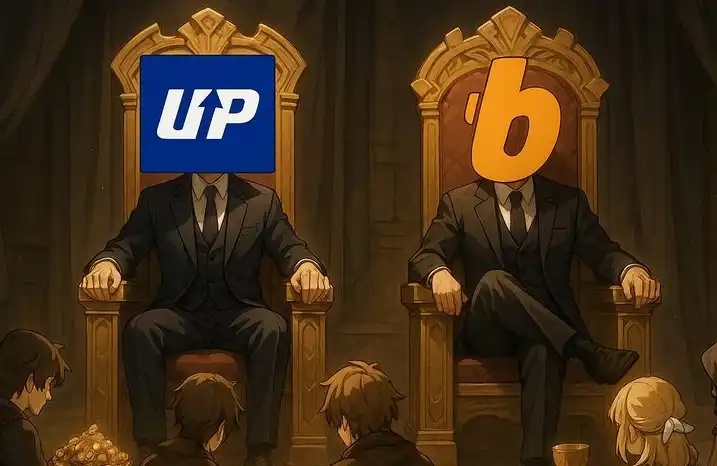Blast was accused of plagiarizing the OP code. Is there any confusion behind "Assembly Line L2"?
Author: Luccy, BlockBeats
Editor: Jack, BlockBeats
Last week, Blast testnet officially launched and simultaneously opened the BIG BANG competition, attracting a large number of cryptocurrency enthusiasts, including developers, as Blast users exceeded 100,000 and TVL surpassed $1.3 billion.
Among these competitors, EVM security engineer @0xKaden discovered issues in Blast's codebase. On February 1st, @0xKaden tweeted on social media platform about it, stating that Blast changed Optimism's MIT license to BSL.
Upon hearing the news, co-founder of gaslite @PopPunkOnChain immediately compared the code repositories of Blast and Optimism. It can be seen that in the original Optimism code repository, the first line reads "// SPDX-License-Identifier:MIT", while in the Blast submission interface, "MIT" was changed to "BSL".
Not only the modification of the license, but also in line 23, the "base fee" code space was removed and changed to "basefee". @PopPunkOnChain indicates that Blast intends to fork Optimism's code, add spelling errors, delete functions, and even joke that "it doesn't cost a lot of money" for Blast.

This was supposed to be an event that attracted developers to build the Blast ecosystem. However, just half a month into the event, the code was "plagiarized" and the community used memes to mock Blast. Among these meme images, the most noteworthy is the modified BSL license used by Blast.

The MIT License (Massachusetts Institute of Technology License) and the BSL License (Business Source License) are both software licenses used to specify the terms of use and distribution of software. The MIT License is more open and is a permissive open-source license that allows for free use, modification, distribution, and merging of code in both commercial and non-commercial projects. The BSL License, on the other hand, is a relatively new license that allows for free use of the software, but may impose some restrictions on commercial use.
Ethereum OG "adding insult to injury"
Blast changing Optimism's MIT code to BSL means that commercial users may need to pay licensing fees or comply with other commercial usage restrictions at some point in the future.
Although the original intention of BSL was to find a balance between open source spirit and commercial needs, which was recognized by most people, compared with other more lenient licenses (such as MIT), BSL is obviously too strict and has been criticized for "hindering innovation" and "not being open enough".
The most important thing is that the open source nature of the MIN license does indeed mean "modify at will" to some extent, but directly changing it to BSL is like a joke "if you can't solve the problem, solve the person who raised the problem", which feels somewhat dishonest. Scroll developer @0xG00gly also asked in response, "Does the MIT license mean you can do whatever you want with it, so just delete it?"

And Scroll's developer @pseudotheos also explained that "in fact, removing the license is the only thing that MIT does not allow." Even Bankless general partner @TrustlessState expressed his astonishment with a short "yikes".

Not only Scroll and Bankless, we can see the figures of many project developers in this matter.
Including Mocaverse advisor @waleswoosh, MemeLand builder @0xChar, Waterfall protocol leader @Sabnock66, Spearbit senior engineer @real_philogy, wartime capital partner @rockyxbt, and Shadow engineer @BeckerrJon, etc. Although they have not expressed their stance explicitly, it can be seen that they oppose Blast's actions through a few simple words or a meme image.
其中,EthernautDAO builder @m4rio_eth also stated, "The code is a bit complex with some custom functions, which is why I believe they have implemented licensing."

Encryption industry's BSL controversy has been ongoing
Actually, the community has long been resentful of BSL, and some even interpret BSL as "BullShit License".
Previously, the V4 version of dYdX launched a transition from the Ethereum Layer 2 network to an independent blockchain on Cosmos, which has gained widespread recognition from the community. This is because its founder, Antonio Juliano, clearly stated on social media that "dYdX V4 will be completely open source, without any commercial copyright licenses, and anyone can freely use the corresponding code as needed."
On the other hand, while also releasing version 4, Uniswap's V4 has caused opposition from many community members because it announced the continuation of version 3 and implemented BSL.
During an interview with Anton Bukov, co-founder of 1inch, conducted by BlockBeats, it was revealed that Anton believes "the MIT license allows anyone to use the code we write for anything" and that "commercial licenses may prevent some open teams or fair competitors from forking".
Related reading: "Interview with 1inch: How to innovate in the DEX field under the shadow of Uniswap's monopoly?"
Additionally, there are few people in the encryption community who like BSL. This is because when choosing a license, developers usually weigh the pros and cons of different licenses based on the project's needs and development goals. Stonecoldpat0, a member of the venture capital firm Lemniscap, conducted an informal survey on this and according to community voting, 76% of people would choose the MIT license.

In the comments of this voting activity, @kelvinfichter, a researcher at OP Labs, made it clear about the use of open source code, stating that the choice of license cannot even be considered a question. "You will never get a commercial source code license on the Optimism repository."

@kelvinfichter believes that the Ethereum ecosystem should be free and open to competition and innovation at every step. However, commercial source licenses are defensive and non-collaborative. They are inconsistent with Ethereum's values. "I think this is a mindset. I don't care how many people want to defend their private business interests. Ethereum is about creating abundance through collaboration. Optimism will always be free and open source software."
Why is it taking less time to build an L2?
Jumping out of the plagiarism and license modification incident, what we can see is that the L2s represented by Blast are running on the road of "internal competition". Looking at the development trend of the entire L2, the old public chains have spent a lot of time building their own technology stack and community, while the new public chains have directly "stolen" while flourishing like mushrooms after rain.
The initial development of L2 can be said to be very difficult. Among the first batch of mainstream L2 solutions, Optimism hopes to launch Layer2 as easily as deploying smart contracts on Ethereum today.
Optimism has therefore created OP Stack, which is an infrastructure that allows for modular and forkable extension of blockchains. It enables various Layer2 solutions to be integrated into a single Superchain, which leads to the narrative of "one-click chain deployment". Essentially, the Superchain is a horizontally scalable blockchain network that shares Ethereum's security, communication layer, and development toolkit among different chains.
Related reading: "Crazy Multi-Chain Universe, Crazy OP Stack".
After the release of OP Stack, other mainstream L2 solutions such as Arbitrum, zkSync, Starknet, and Polygon have also launched Stack solutions, attempting to open source core components and promote RaaS solutions. Arbitrum Orbit has once again intensified the RaaS war, and modular development has further increased the pressure on traditional L2 solutions.

Welcome to join the official BlockBeats community:
Telegram Subscription Group: https://t.me/theblockbeats
Telegram Discussion Group: https://t.me/BlockBeats_App
Official Twitter Account: https://twitter.com/BlockBeatsAsia


 Forum
Forum OPRR
OPRR Finance
Finance
 Specials
Specials
 On-chain Eco
On-chain Eco
 Entry
Entry
 Podcasts
Podcasts
 Activities
Activities







